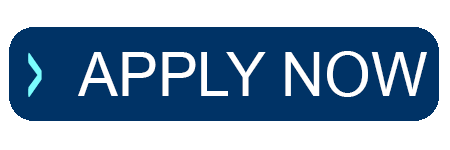Program: Masters of Science in Computer Science
Objective: Students will apply their knowledge and analytical skills to create effective solutions to practical problems, as well as learn: How to communicate effectively and work both collaboratively and independently. The theory behind algorithms, automata and formal languages. Computer science systems including computer architecture, networking and operating systems. Best practices in application areas such as database and graphics as well as software engineering and programming.
MINIMUM CRITERIA FOR ADMISSION IN MS/ M.Phil PROGRAMS
Admission Criteria; Completion of Prior Degree.
- To be eligible for admission to the MS/M. Phil level program, a candidate: shall possess a bachelor’s or master’s degree of minimum of 16 years of schooling or an equivalent qualification in the relevant discipline from a recognized University/Degree Awarding Institute (DAI).
Minimum GPA Requirement
For admission in MS/M.PHIL programs, a minimum CGPA of 2.5 (out of 4.0 in the semester system) or 50% marks (in the annual system) in the most recent degree obtained is required, whether such was degree obtained from Recognized Pakistani or foreign universities.
Testing Requirement
Applicants to MS/M.PHIL programs shall be required to fulfill the following testing requirements: All applicants to MS/M.PHIL programs are required to take one of the following non subject specific admission test:
The Graduate Record Examination (GRE) test administered by the Education Testing Service; OR
A GAT administered be Education Testing Council; OR
Admission test developed by ALHAMD Islamic University, for admission in graduate programs.
| 1st Semester | |||
| SR# | Code | Subject | CHr |
| 1 | – | Core Course – I | 3 |
| 2 | – | Core Course – II | 3 |
| 3 | – | Elective – I | 3 |
| 4 | – | Elective – II | 3 |
| Semester Total Credit Hours: | 12 | ||
| 2nd Semester | |||
| SR# |
Code |
Subject | CHr |
| 1 |
– |
Core Course – III | 3 |
| 2 |
– |
Core Course – IV | 3 |
| 3 |
– |
Elective – III | 3 |
| 4 |
– |
Research Methodology | 1 |
| Semester Total Credit Hours: | 10 | ||
| 3rd Semester | |||
| SR# |
Code |
Subject | CHr |
| 1 |
– |
Elective – IV | 3 |
| 2 |
– |
Elective – V | 3 |
| 3 |
– |
MS Thesis – I | 3 |
| Semester Total Credit Hours: | 9 | ||
| 4th Semester | |||
| SR# |
Code |
Subject | CHr |
| 1 |
– |
MS Thesis – II | 3 |
| Semester Total Credit Hours: | 3 | ||
| Total Credit Hours | 34 |

